Being elected Vice President of the Intergovernmental Committee of the 2003 Convention is a strong signal of support and recognition of Vietnam's continuous efforts in protecting Intangible Cultural Heritage.
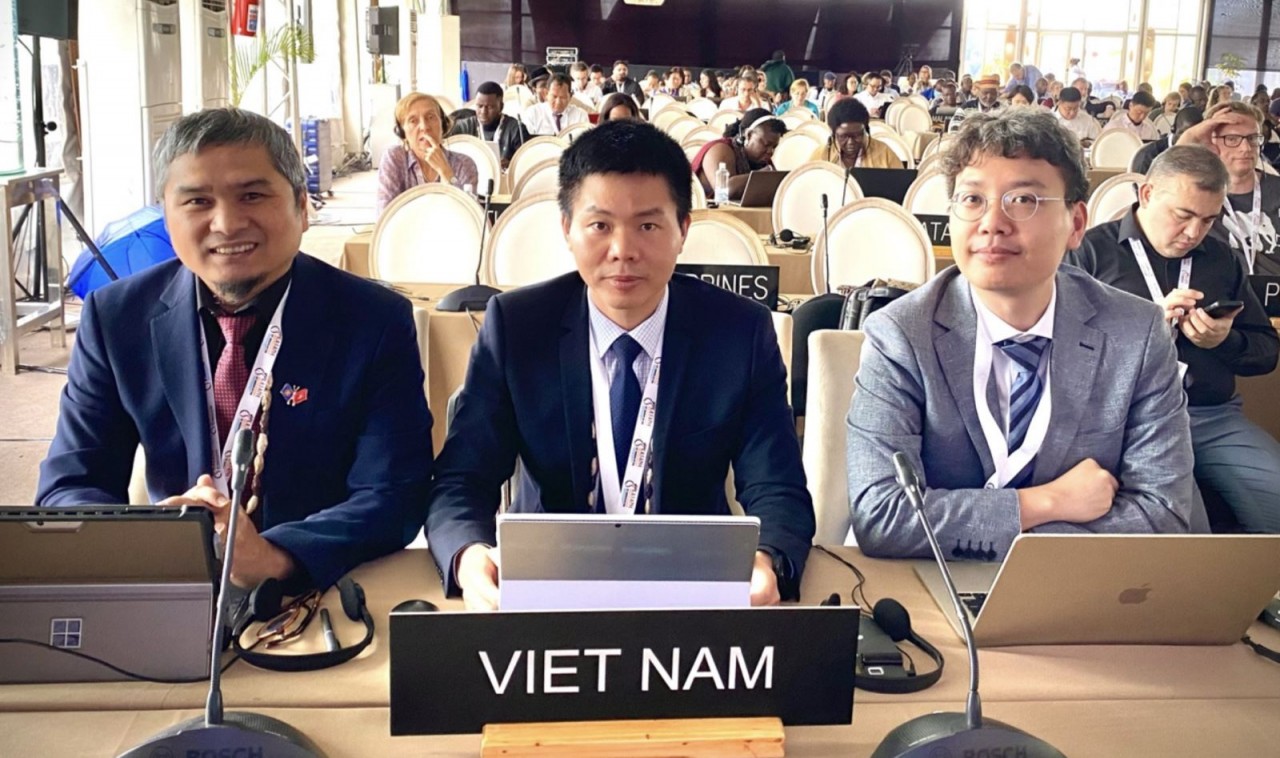 |
| Vietnamese delegation attending the 18th session of the Intergovernmental Committee of the 2003 Convention. (Source: Department of Cultural Diplomacy and UNESCO) |
On December 8, within the framework of the 18th Session of the Intergovernmental Committee for the Safeguarding of the Intangible Cultural Heritage (2003 Convention) of UNESCO held in Kasane, Boswana, Vietnam was elected as Vice President of the Committee, representing the Asia-Pacific region. This is the second time Vietnam has been a member of the executive body of the 2003 Convention, after the first term from 2006-2010.
Affirming increasing position and prestige
According to Ambassador Le Thi Hong Van, Head of the Permanent Delegation of Vietnam to UNESCO, Vietnam's re-election as Vice President of one of UNESCO's key specialized agencies has affirmed Vietnam's increasing position and prestige in the international arena.
This demonstrates the support and trust of the international community in Vietnam's ability to contribute and its management capacity at UNESCO, recognizing Vietnam's positive contributions in the field of cultural cooperation in general and intangible cultural heritage in particular, contributing to promoting the role of culture and heritage for sustainable, inclusive and self-reliant development at the national, regional and global levels.
This is also further evidence that Vietnam has successfully implemented its foreign policy of multilateralization, diversification and comprehensive international integration in accordance with the spirit of the Resolution of the 13th National Party Congress and Directive 25-CT/TW of the Secretariat on promoting and elevating multilateral diplomacy to 2030.
Attending the meeting, Mr. Dao Quyen Truong, Deputy Director of the Department of Cultural Diplomacy and UNESCO, Ministry of Foreign Affairs, said that the Secretariat and member countries of the 2003 Convention highly appreciated Vietnam's policies, strategies and practical measures in promoting the role of intangible cultural heritage as a driving force for sustainable economic, cultural and social development, environmental protection and biodiversity.
According to Mr. Doan Quyen Truong, the sharing about Vietnam's efforts in researching and integrating early many contents of the 2003 Convention into Vietnam's Cultural Heritage Law is highly appreciated internationally.
As Vice President of the Intergovernmental Committee of the 2003 Convention, Vietnam has more favorable conditions to complete and implement the goals and priorities of the 2003 Convention, enhancing the importance of intangible cultural heritage as a driving force for sustainable development, cultural diversity, creativity and dialogue between cultures, social cohesion, and enhancing the participation of communities, women and youth.
In addition, 15 intangible cultural heritages recognized by UNESCO and 534 heritages in the national intangible cultural heritage list all have projects for management, protection and promotion of values with close participation of the community and responsibility of authorities from central to local levels, becoming good experiences for member countries.
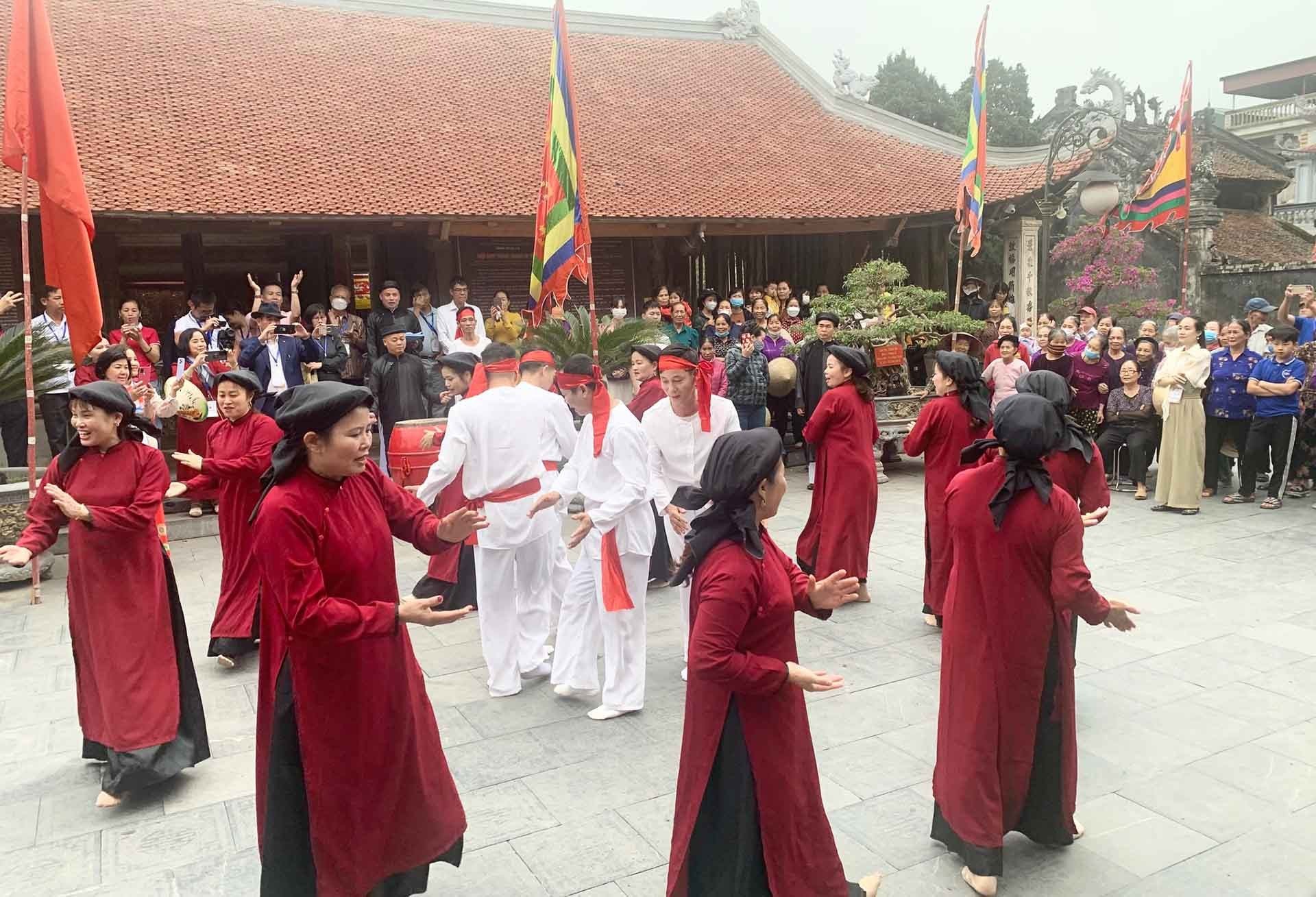 |
| Xoan singing artists at Hung Lo communal house, Phu Tho. (Photo: Ha Anh) |
Local Heritage Preservation Motivation
To date, Vietnam has nearly 70,000 intangible cultural heritages inventoried; of which 534 are national heritages and 15 intangible heritages have been recognized by UNESCO. Associate Professor, Dr. Le Thi Thu Hien - Director of the Department of Cultural Heritage (Ministry of Culture, Sports and Tourism) said that Vietnam is the first country to propose and the Intergovernmental Committee agreed to remove an intangible cultural heritage from the list of urgent protection, which is Phu Tho Xoan singing.
Along with protecting the honored intangible cultural heritages, all levels, sectors and localities in Vietnam are continuing to complete the dossier to submit to UNESCO for the recognition of forms such as: Cheo singing art, Mo Muong art, Binh Dinh traditional martial arts, Vovinam - Viet Vo Dao...
Associate Professor, Dr. Le Thi Thu Hien said that many activities in localities have made important contributions, creating conditions for artisans to maintain and regularly practice heritage, have opportunities to meet, contact, exchange, and share experiences in practicing heritage in the community, raising awareness and responsibility in preserving and promoting heritage values.
Recently, Minister of Culture, Sports and Tourism Nguyen Van Hung signed a decision to announce a list of more than 30 national intangible cultural heritages across the three regions of North, Central and South.
This list continues to be an opportunity for localities to enhance the value of heritage, helping people have more motivation, turning heritage into assets, both preserving and promoting heritage values, and developing tourism products...
At the workshop “Living cultural heritage and sustainable development: From a people-centered approach” held in Hanoi recently, Ms. Dona McGowan, Director of the British Council in Vietnam, said that with such a rich treasure of intangible cultural heritage as it is today, Vietnam needs a strategy to promote the role of cultural heritage in sustainable development goals; honor the contributions of the community, as well as affirm their importance and central role.
| The 2003 Intergovernmental Committee for the Protection of Intangible Cultural Heritage, consisting of 24 members, is the key executive body of UNESCO for the protection of intangible cultural heritage, deciding on key issues related to the recognition of intangible cultural heritage, allocating funds to support the conservation of intangible cultural heritage in countries; deciding on policies and development orientations of the 2003 Convention. |
Source



![[Photo] Ministry of Defense sees off relief forces to the airport to Myanmar for mission](https://vstatic.vietnam.vn/vietnam/resource/IMAGE/2025/3/30/245629fab9d644fd909ecd67f1749123)


![[Photo] Prime Minister Pham Minh Chinh chairs meeting to remove difficulties for projects](https://vstatic.vietnam.vn/vietnam/resource/IMAGE/2025/3/30/7d354a396d4e4699adc2ccc0d44fbd4f)

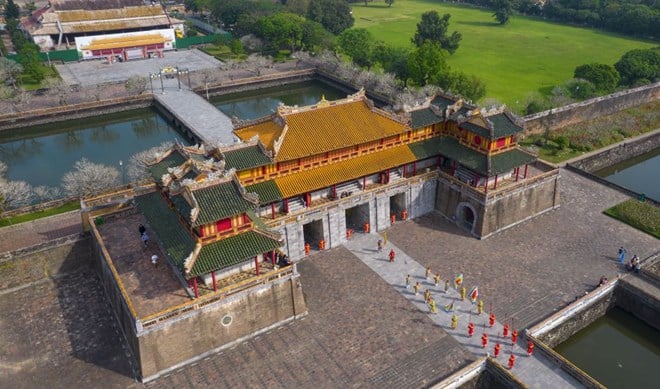



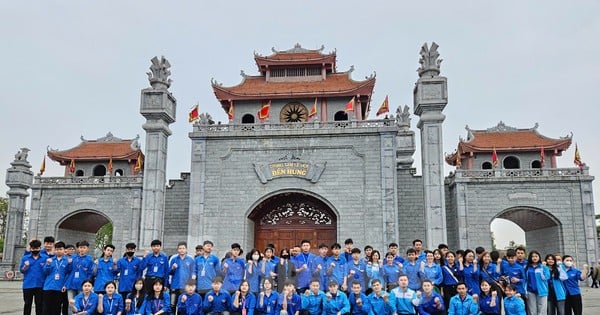



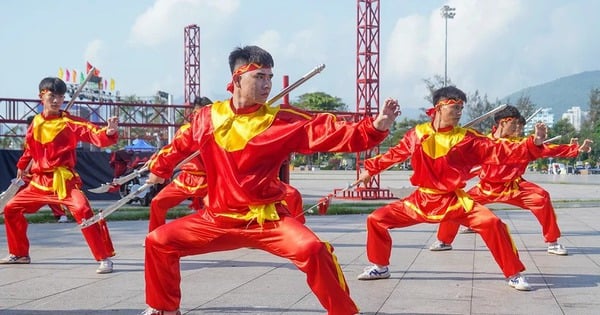

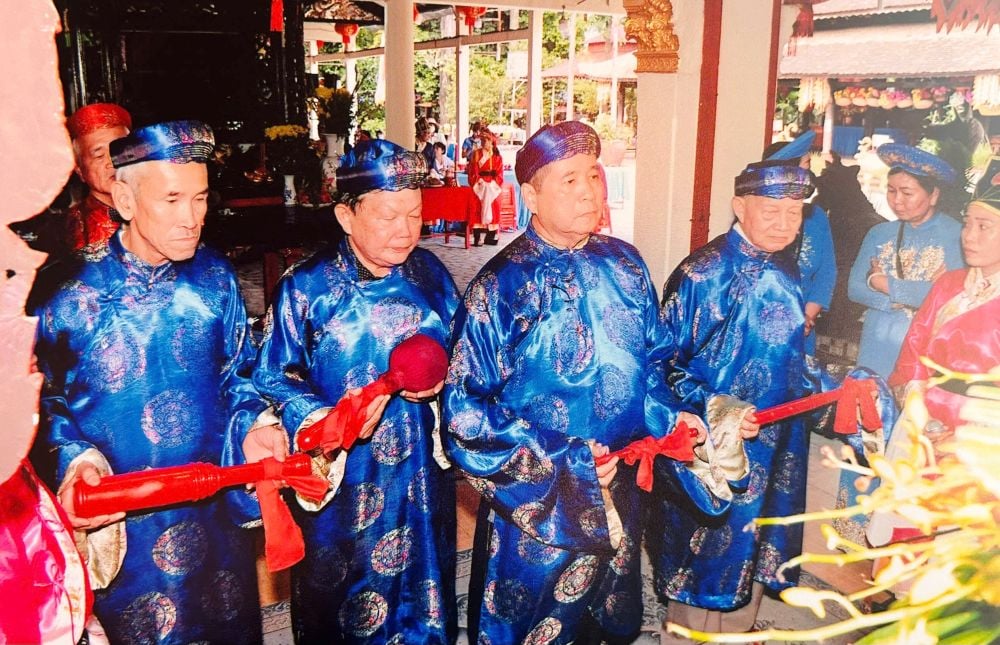





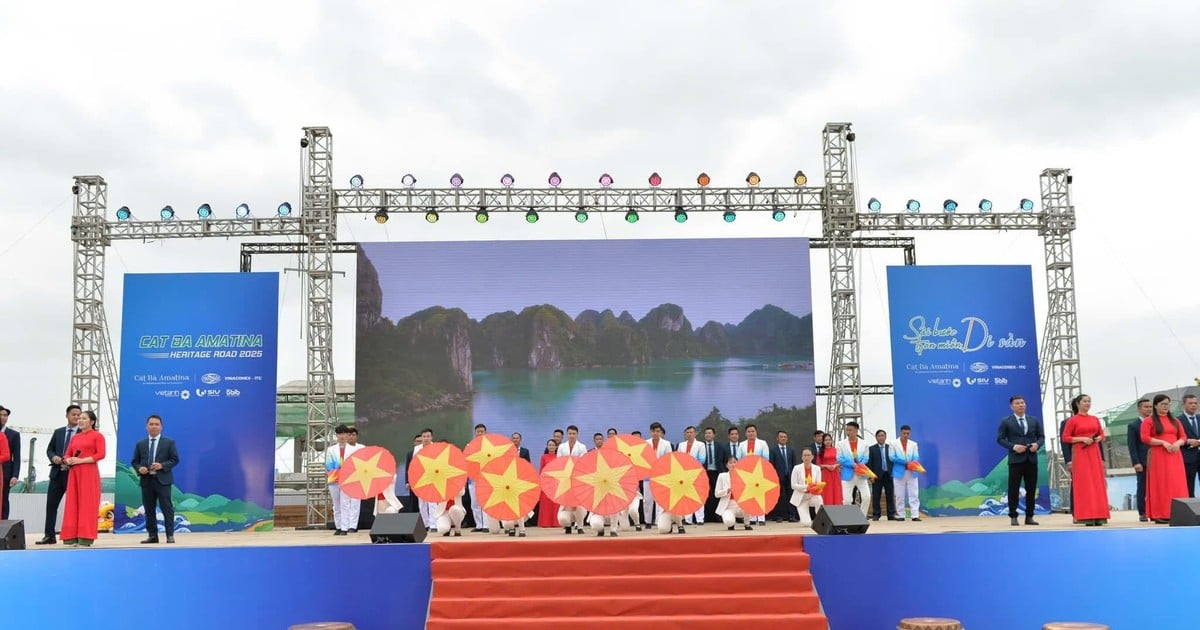
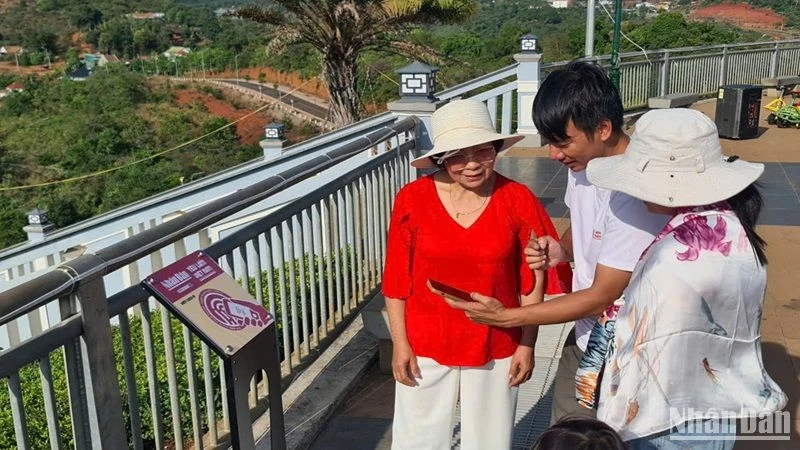



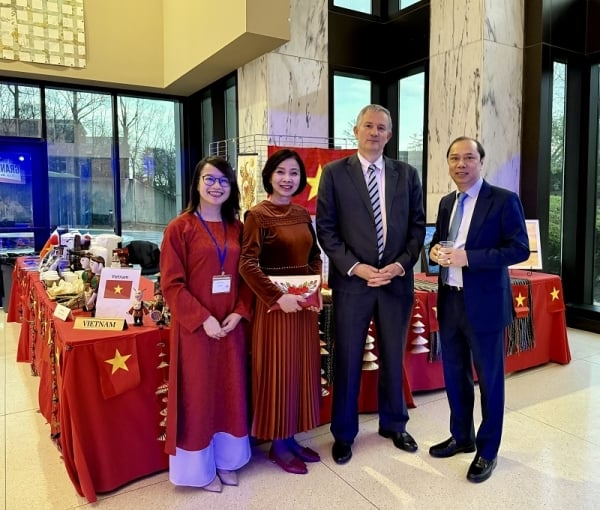


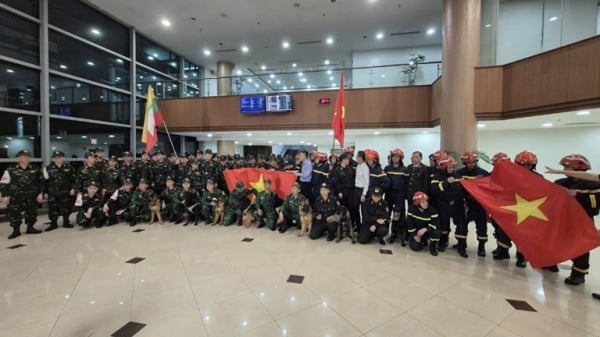

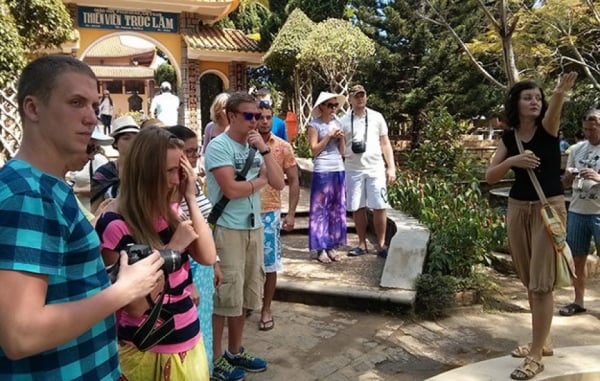

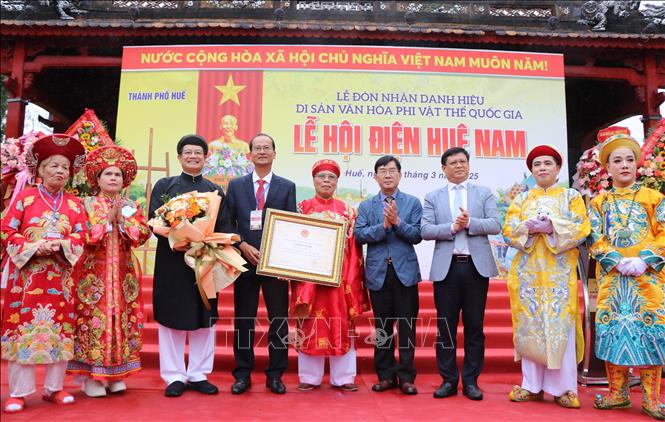












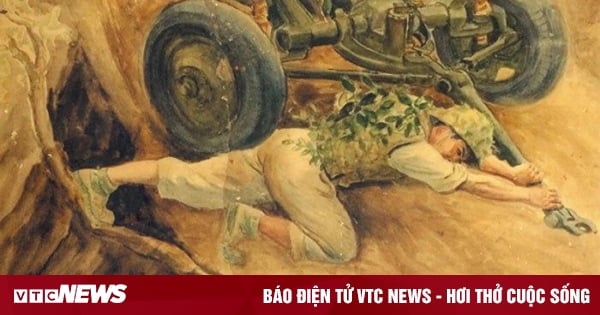

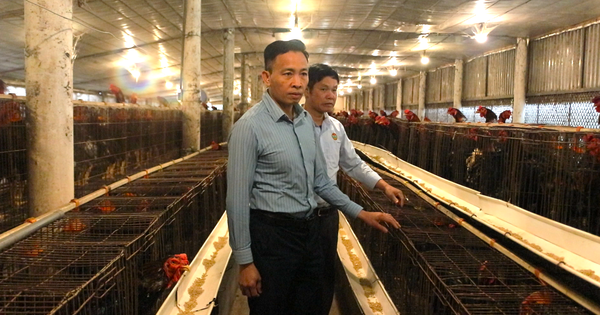









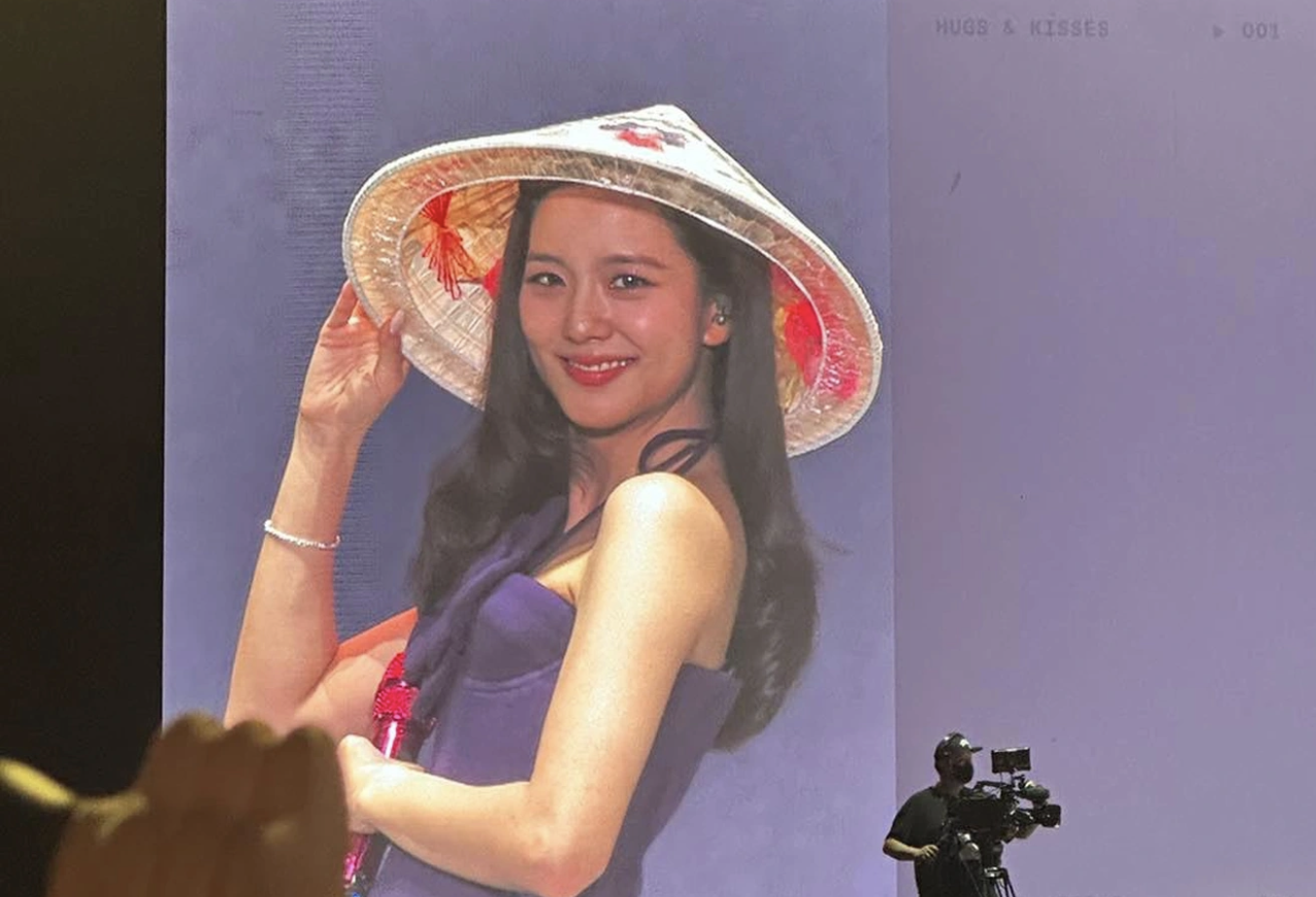






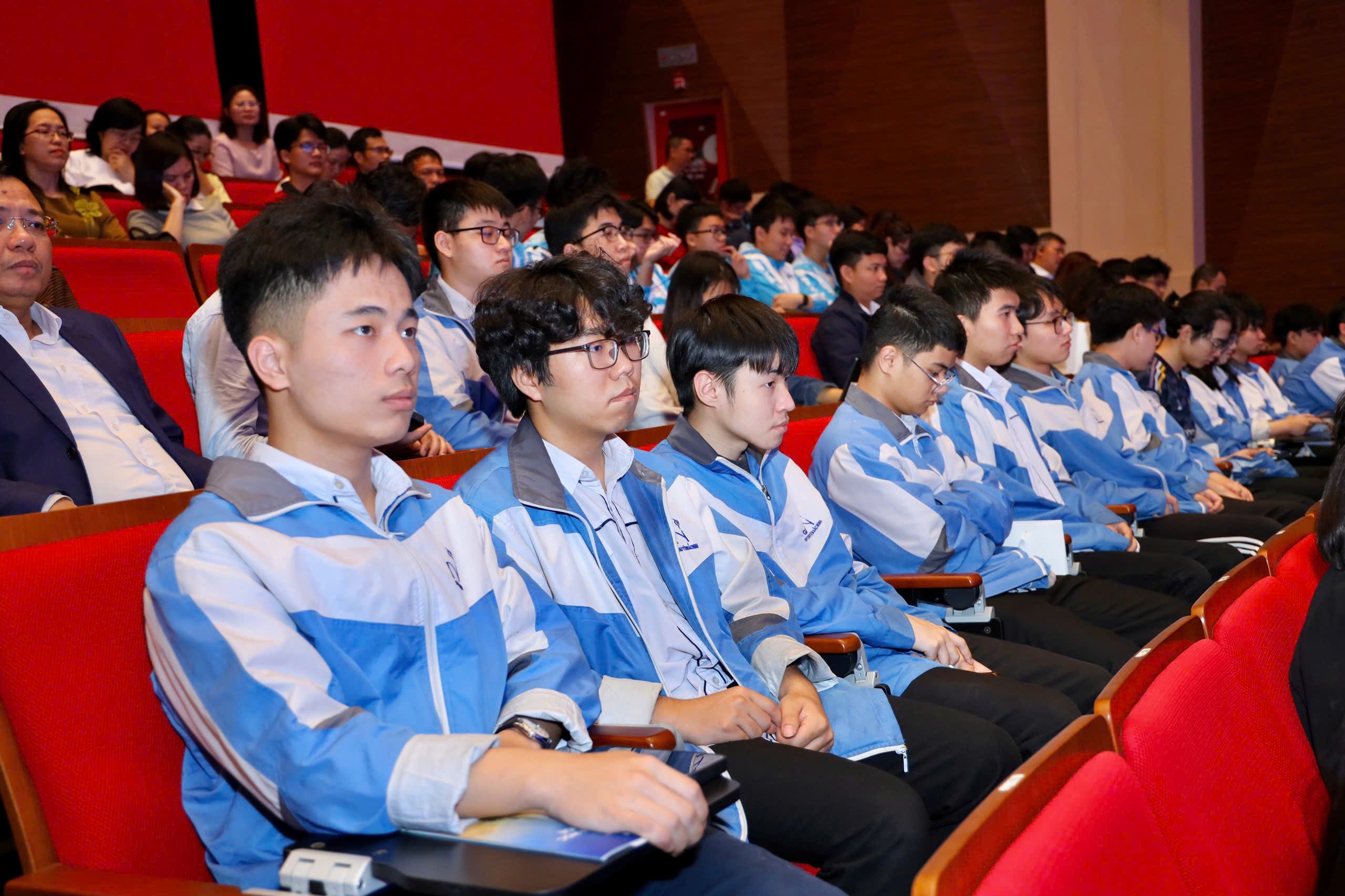

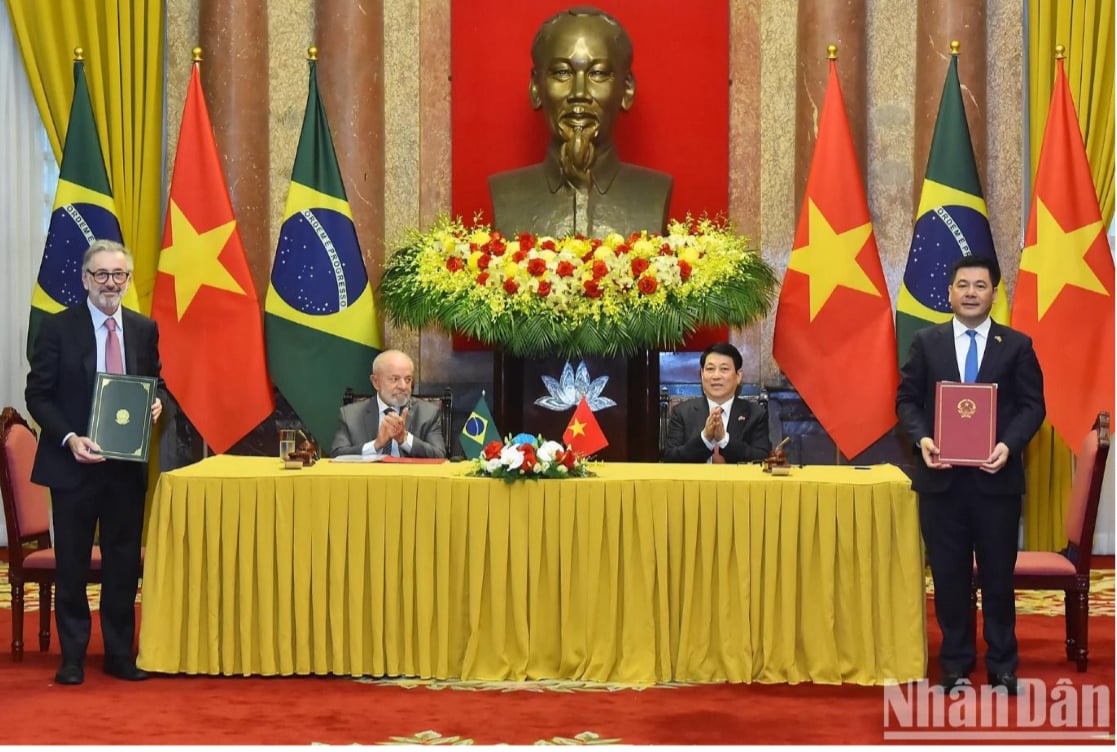

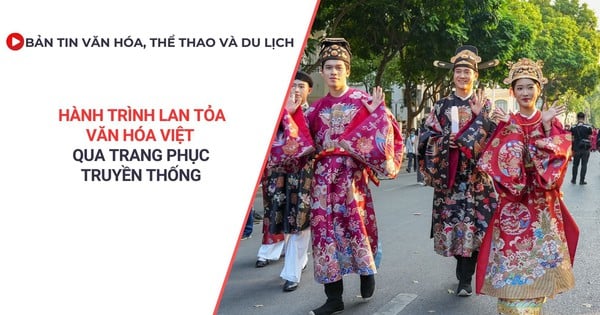

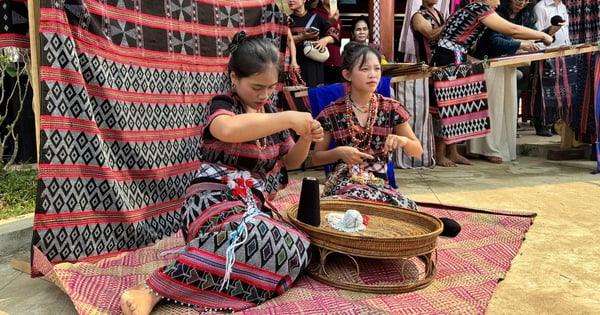
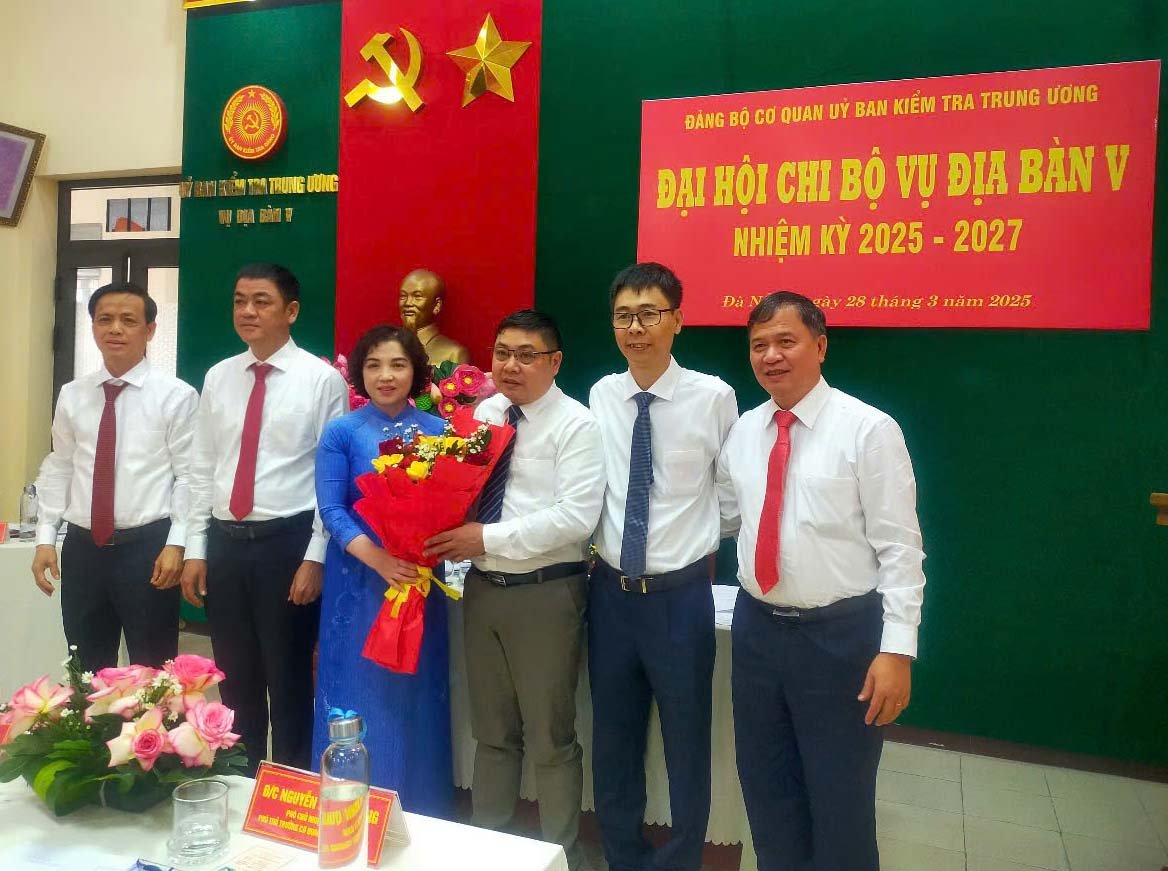

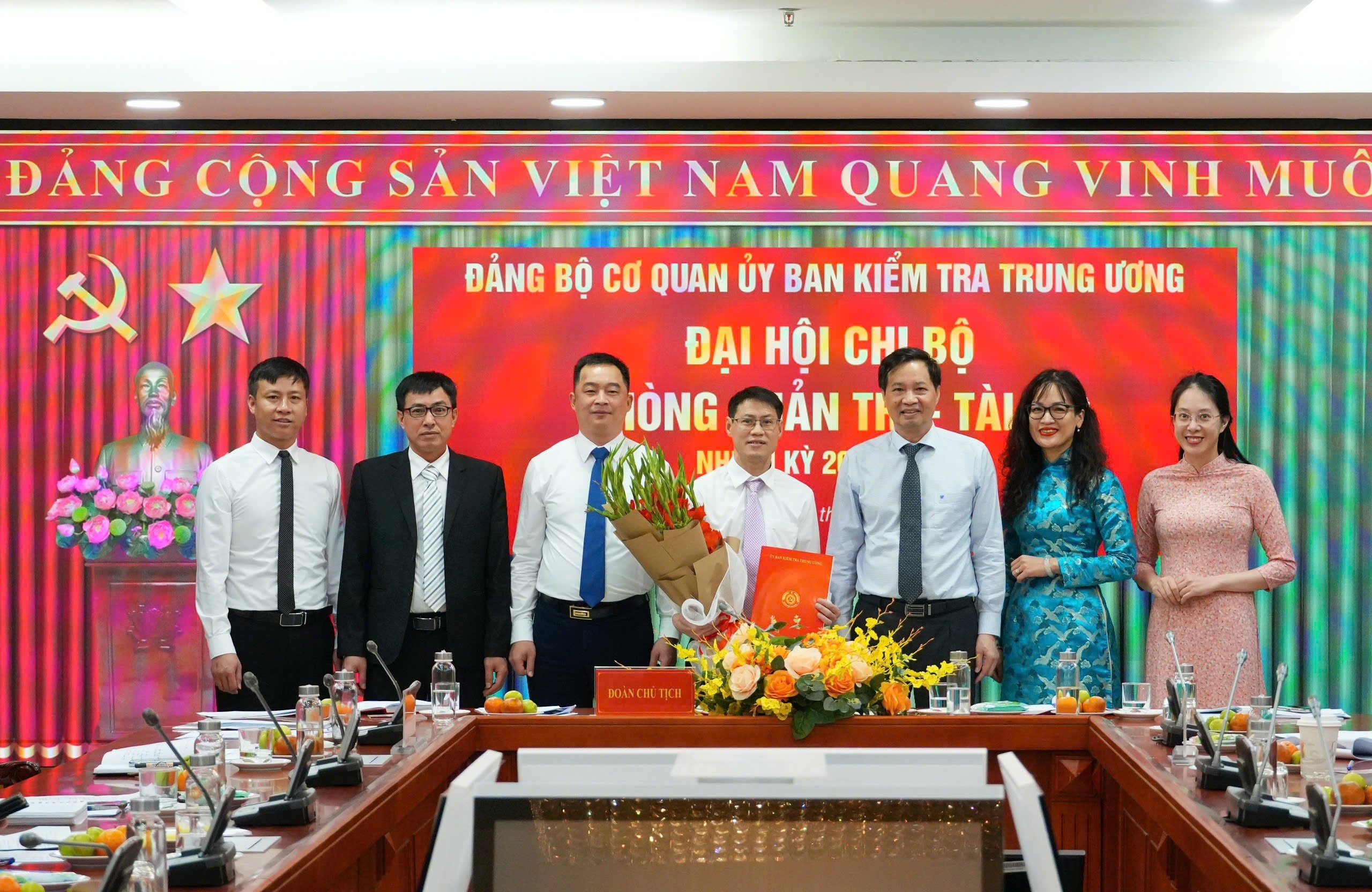


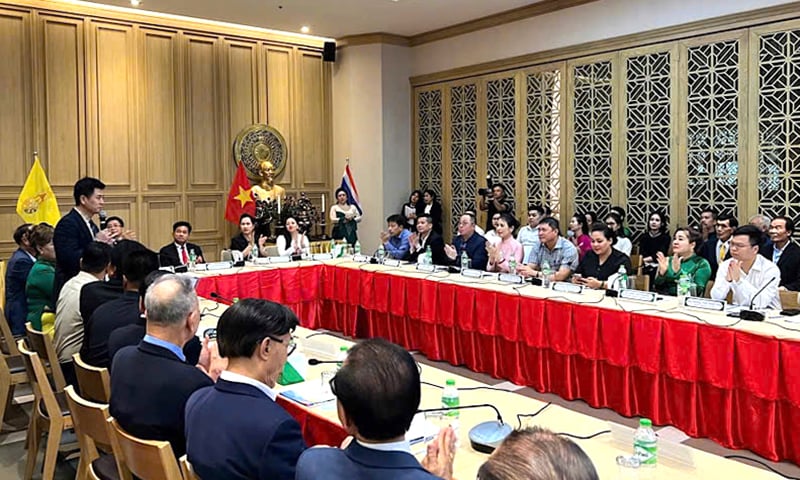



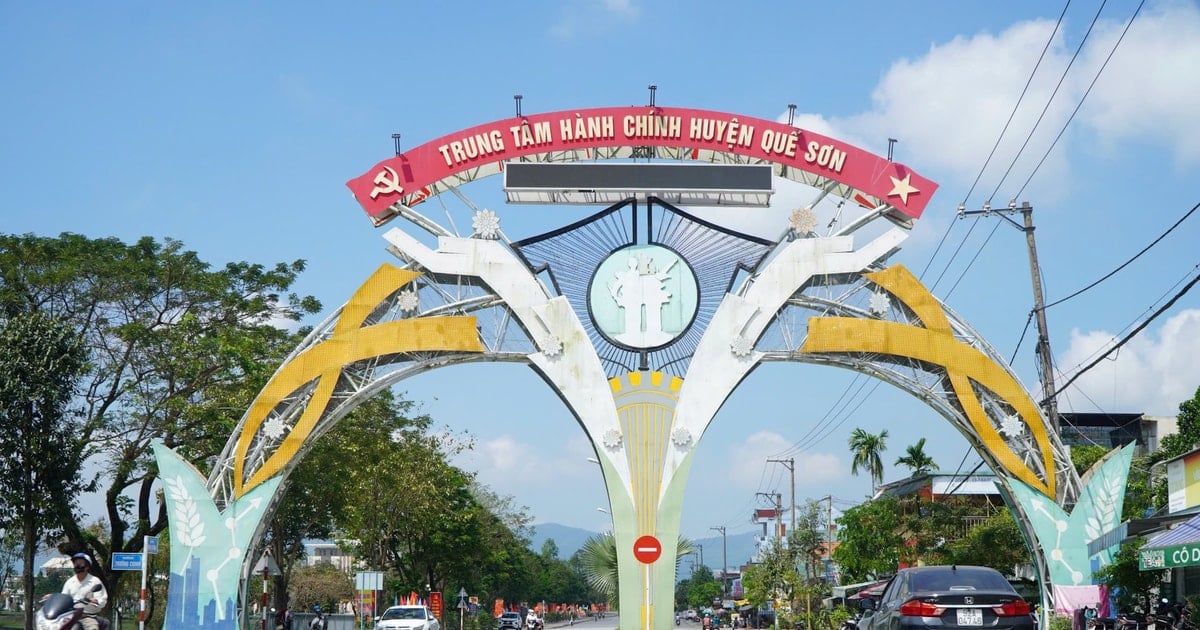
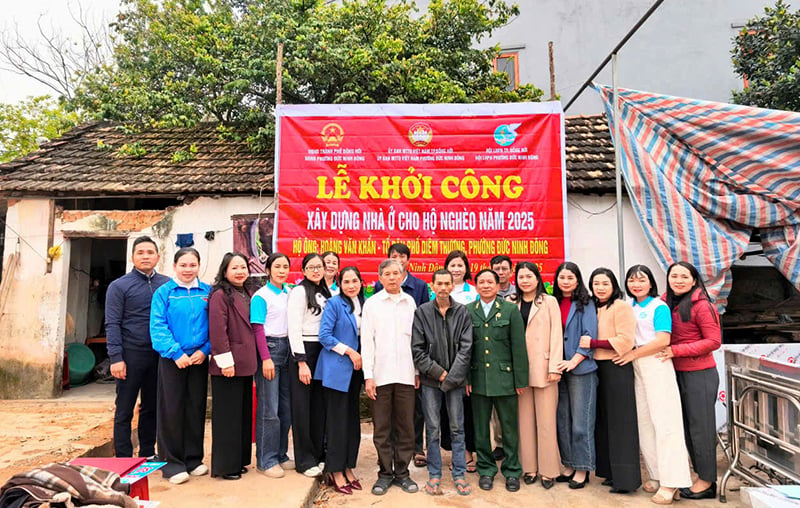




![[REVIEW OCOP] An Lanh Huong Vet Yen Cat](https://vstatic.vietnam.vn/vietnam/resource/IMAGE/2025/3/27/c25032328e9a47be9991d5be7c0cad8c)






Comment (0)